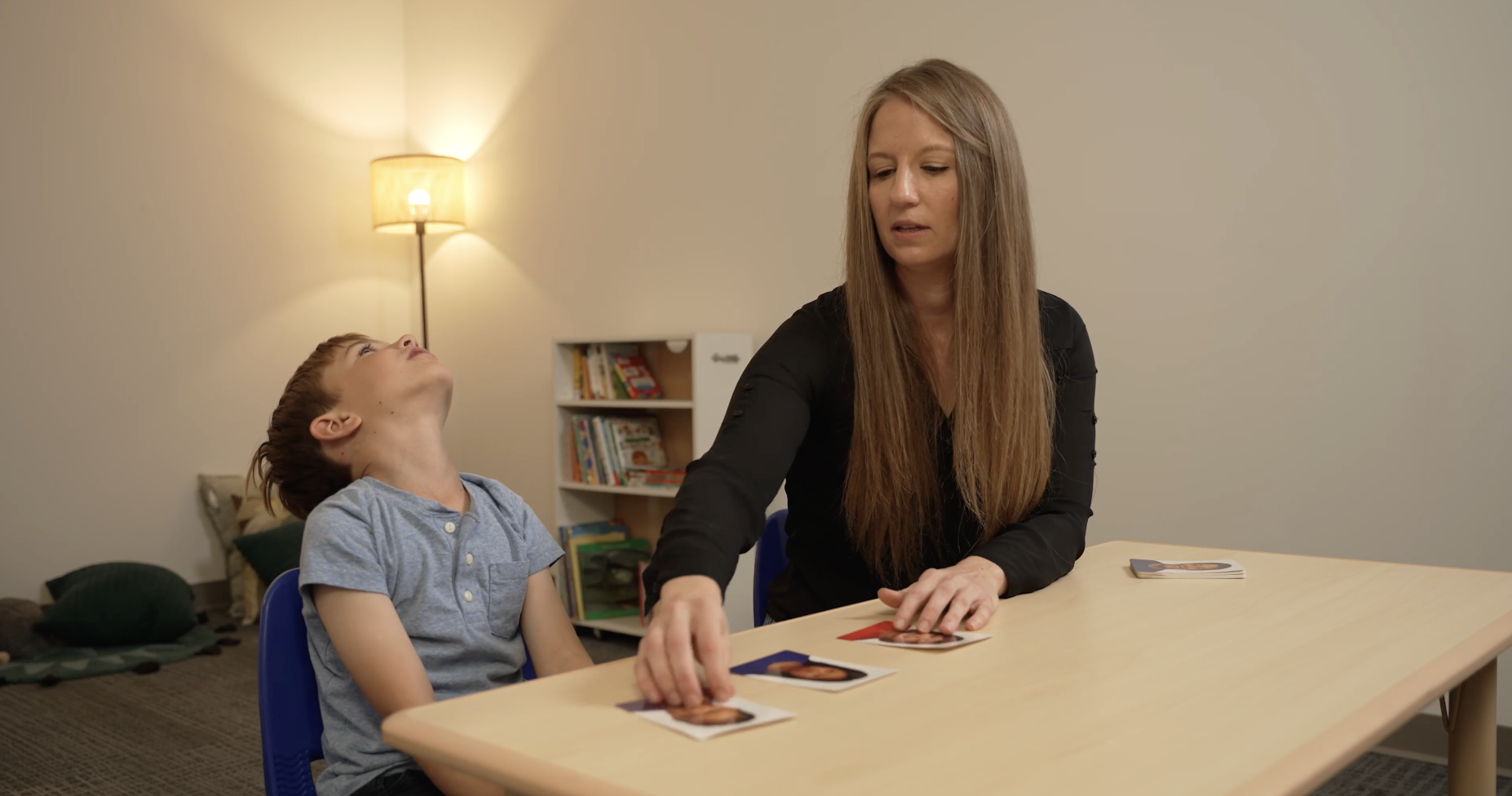Addressing Executive Functioning Challenges as a Root Cause of Disruptive Behaviors
This article is the final one in our series on Key Root Causes of Disruptive Classroom Behaviors and How to Help
Executive functioning skills are critical for managing day-to-day tasks in the classroom, yet deficits in this area can significantly contribute to disruptive behaviors. Students with executive functioning challenges often struggle with organization, time management, self-regulation, and following multi-step instructions. These difficulties can lead to frustration, incomplete tasks, and behaviors that interfere with classroom learning. Addressing executive functioning deficits with targeted strategies can help students stay focused, organized, and engaged.
Supporting the Development of Executive Functioning Skills
Executive functioning encompasses a set of cognitive skills that include working memory, flexible thinking, and self-control. These skills allow students to plan, stay on task, shift attention when needed, and manage their emotions. When these abilities are underdeveloped, students may have trouble starting tasks, keeping track of assignments, managing transitions, and regulating their emotional responses to challenges. For instance, a student might forget steps in a multi-step task, become overwhelmed when switching between activities, or react impulsively when frustrated by a difficult assignment.
Breaking Down Tasks and Teaching Time Management
A key strategy for supporting students with executive functioning deficits is to break tasks down into smaller, manageable steps. By providing clear, step-by-step instructions, teachers can help students focus on one part of the task at a time, reducing overwhelm and confusion. Visual checklists, timers, and task organizers can further support students in staying organized and keeping track of their progress. For example, using a visual schedule or a “to-do” list can help students anticipate what’s coming next and stay on top of their responsibilities.
In addition to breaking tasks down, providing explicit instruction in time management and planning skills can be highly beneficial. Teaching students how to use tools like timers or visual timers to manage their time effectively is crucial. For students who struggle with long-term projects, scaffolding the process by setting mini-deadlines for each phase can help them stay on track. Teachers can also model planning strategies by walking students through how to approach larger assignments, from gathering materials to setting goals for completion.
Building Self-Regulation and Clear Expectations
Self-regulation is another critical aspect of executive functioning, and it plays a major role in preventing disruptive behaviors. Students who lack self-regulation may struggle to manage their emotions and behavior when faced with challenges. To help students build self-regulation skills, teachers can introduce calming strategies such as deep breathing exercises, mindfulness activities, or sensory tools that help students regain control of their emotions. Setting up a designated “calm corner” in the classroom can give students a safe space to self-regulate when they feel overwhelmed.
The Language Builder: Academic Readiness Intervention System (ARIS) also offers lessons that can support students in developing better self-regulation and organizational skills through its functional routines. These lessons teach students how to manage daily classroom routines, complete multi-step tasks, and transition smoothly between activities. By incorporating these lessons, educators can provide students with a structured framework for improving executive functioning, which in turn reduces the likelihood of frustration-driven behaviors.
Providing clear expectations and consistency in the classroom is another important strategy for supporting executive functioning development. Establishing routines and predictable structures helps students know what to expect, reducing anxiety and confusion. Repeatedly reinforcing classroom expectations with visual aids, behavior cue cards, and verbal reminders can help students internalize these routines. Over time, consistent reinforcement will help students develop the ability to follow instructions and manage tasks with greater independence.
While executive functioning deficits can significantly impact student behavior and performance in the classroom, by breaking down tasks, teaching planning and self-regulation skills, using ARIS functional routines lessons, and maintaining clear expectations, teachers can effectively support students with executive functioning challenges. This proactive approach not only improves behavior but also helps students build lifelong skills that are critical for academic and personal success.
Want More Content Like This?
- Communication Difficulties: The Silent Barrier
- Sensory Processing Issues: Navigating Overwhelming Environments
- Social Skills Deficits: Bridging the Interaction Gap
- Environmental Factors: Crafting Supportive Learning Spaces
- Strengthening the Student-Teacher Relationship as a Foundation for Positive Behavior





